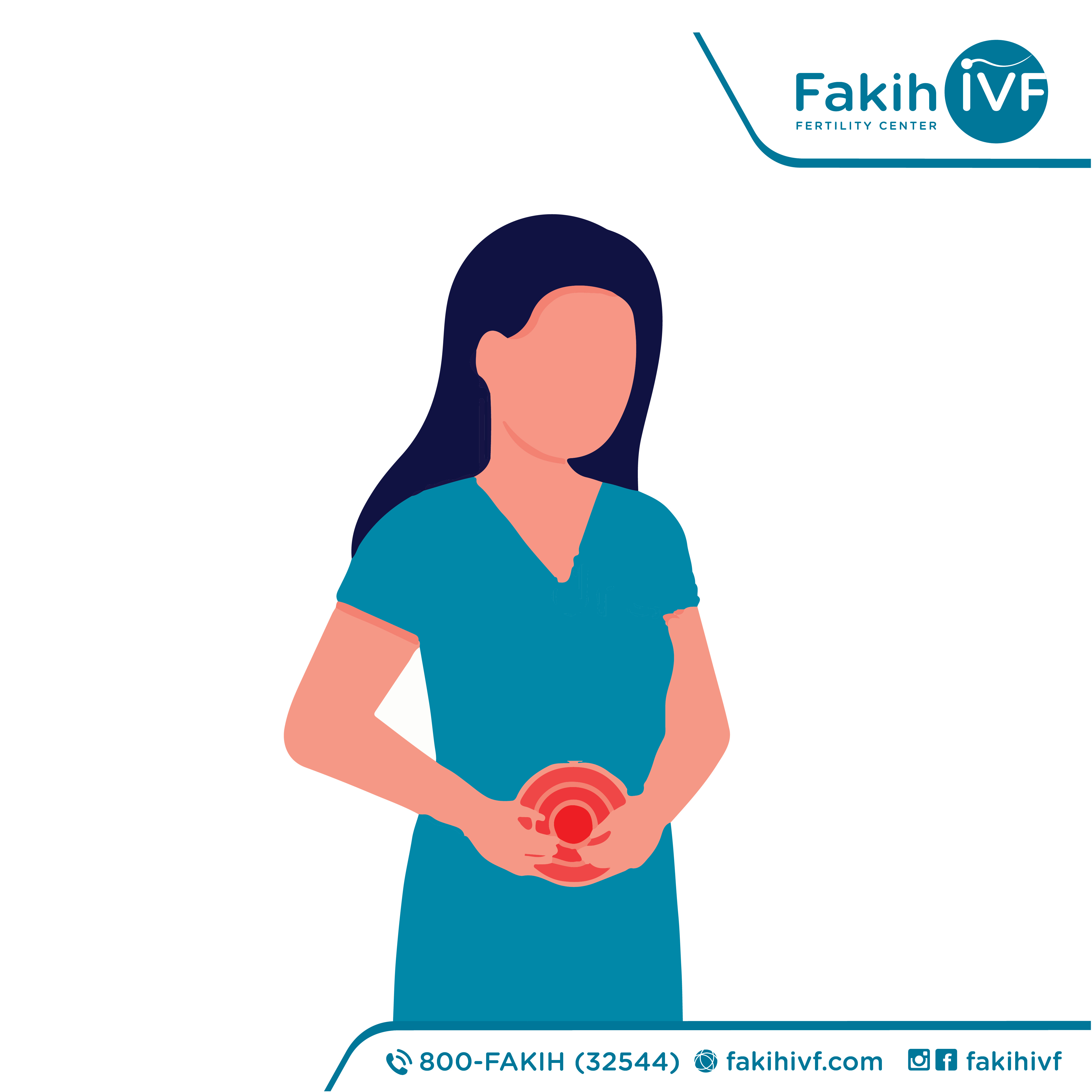


 September is Polycystic Ovary Syndrome (PCOS) Awareness Month. It is a serious genetic, hormone, metabolic, and reproductive disorder that affects women and girls. It is the leading cause of female infertility and a precursor for other serious conditions including obesity, type 2 diabetes, cardiovascular disease, and endometrial cancer.
September is Polycystic Ovary Syndrome (PCOS) Awareness Month. It is a serious genetic, hormone, metabolic, and reproductive disorder that affects women and girls. It is the leading cause of female infertility and a precursor for other serious conditions including obesity, type 2 diabetes, cardiovascular disease, and endometrial cancer.
A study published in Nature Medicine has shown that the daughters of women with polycystic ovary syndrome (PCOS) are five times more likely to be diagnosed with the disorder than daughters born to women without PCOS.
To treat PCOS, you need to know the different types of PCOS:
– Insulin-resistant PCOS: It is by far the most common presentation of this condition. Women suffering from type I PCOS can present with all of the classic symptoms of PCOS such as irregular periods, excessive hair growth (hirsutism), acne, weight gain, and hair loss. Due to the presence of insulin resistance, these women are also at an increased risk of one-day developing type II diabetes. The best way to test for insulin resistance is to measure the hormone insulin (not glucose). If your insulin is high, then the high insulin is driving your androgens and you have insulin resistance and insulin-resistant PCOS. The treatment of insulin-resistant PCOS is to reverse insulin resistance with diet, exercise, and supplements such as magnesium, inositol, and metformin to lower blood sugars and help restore insulin sensitivity.
– Post-pill PCOS: It’s pretty common to experience a temporary surge in androgens when coming off a drospirenone or cyproterone pills like Yasmin, Yaz, Diane, or Brenda. Under current diagnostic guidelines, that temporary surge in androgens is enough to qualify for the diagnosis of PCOS or post-pill PCOS. The treatment of Post-pill PCOS is natural anti-androgen supplements like zinc or peony & licorice combination for a few months.
– Inflammatory PCOS: Chronic inflammation can stimulate the ovaries to make too much testosterone and is a contributing factor for every type of PCOS. When chronic inflammation is the primary factor or driver, it’s inflammatory PCOS. The treatment for inflammatory PCOS is to identify and correct the underlying source of inflammation. That could mean avoiding a food sensitivity such as dairy, or fixing an underlying gut problem, or addressing chronic mast cell activation or histamine intolerance. The supplements zinc and N-acetyl cysteine work particularly well for this type of PCOS.
– Adrenal PCOS: Most women with PCOS have an elevation of all androgens including testosterone and androstenedione from the ovaries and DHEAS from the adrenal glands. If you have only elevated DHEAS (but normal testosterone and androstenedione), then you may have adrenal PCOS. Adrenal PCOS is not driven by insulin resistance or inflammation. Instead, it’s an abnormal response to stress. Treatments include stress reduction, magnesium, adaptogen herbs (including licorice), and vitamin B5, the “anti-stress factor.” In addition to treating the underlying driver of your PCOS, you may also require a natural anti-androgen supplement.
– Hidden-cause PCOS: something that’s blocking ovulation like too much soy, thyroid disease, a vegetarian diet, iodine deficiency, artificial sweeteners, low carb diet – Gut health is also crucial and should not be overlooked in women with PCOS. Women with PCOS are much more likely to have an imbalance of good and bad bacteria in their gut, hence why an IBS diagnosis and PCOS often go hand in hand.